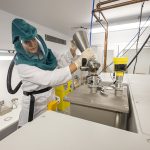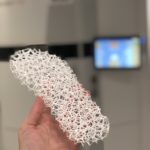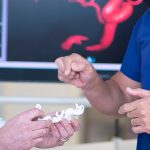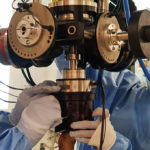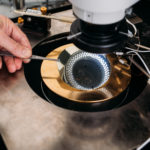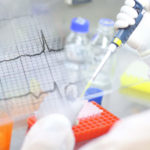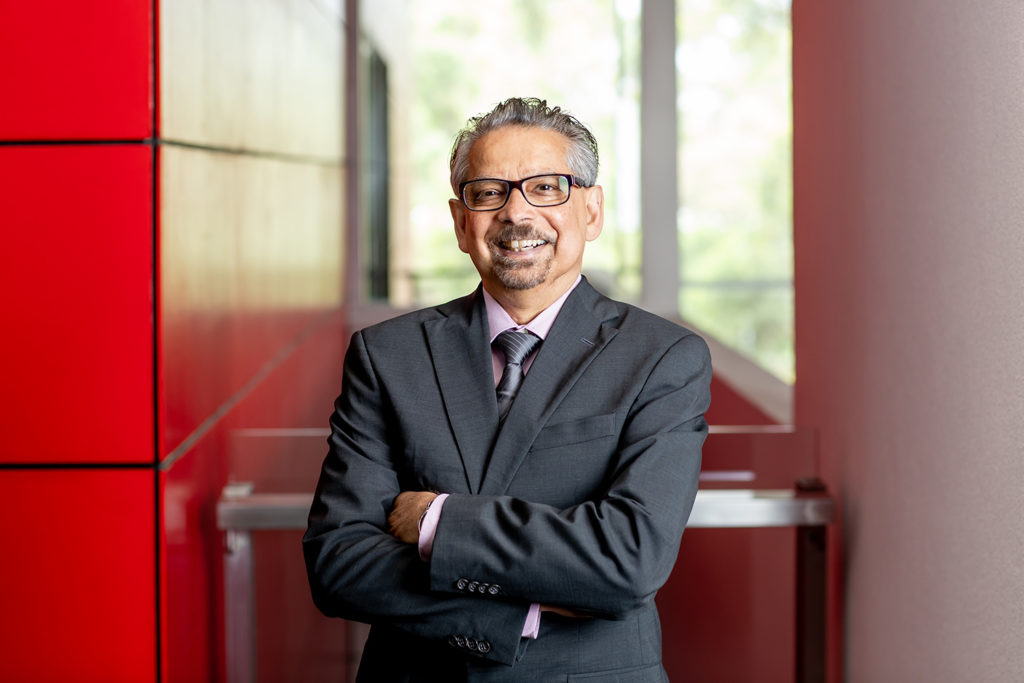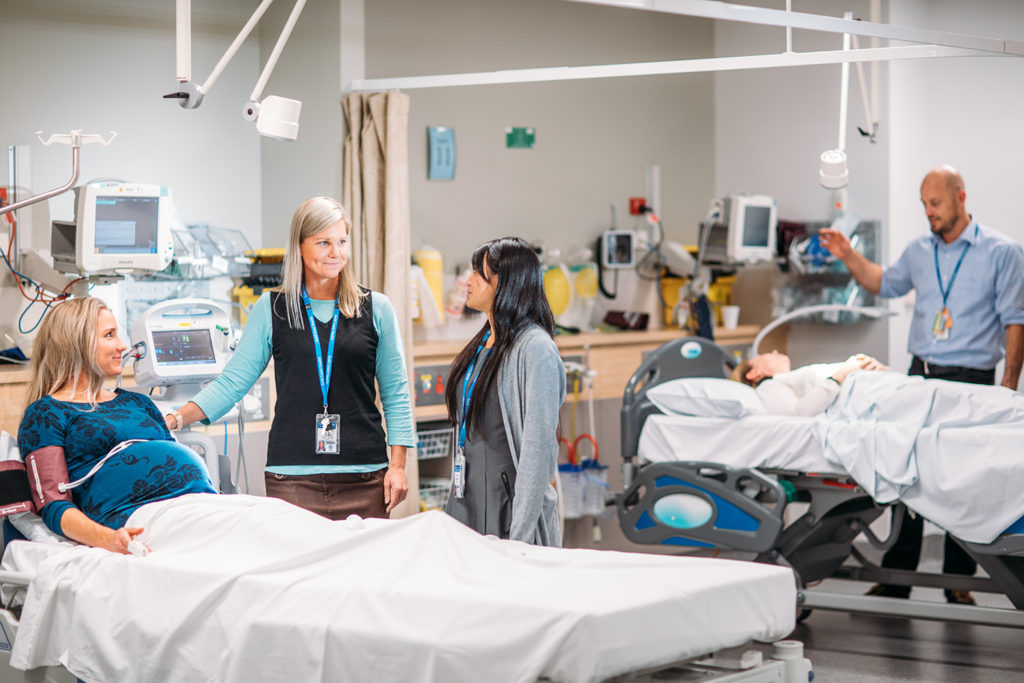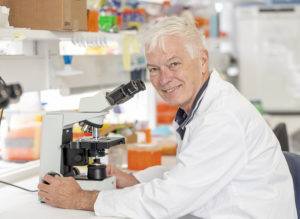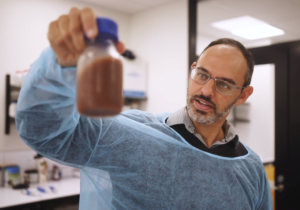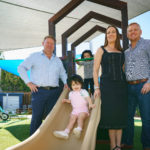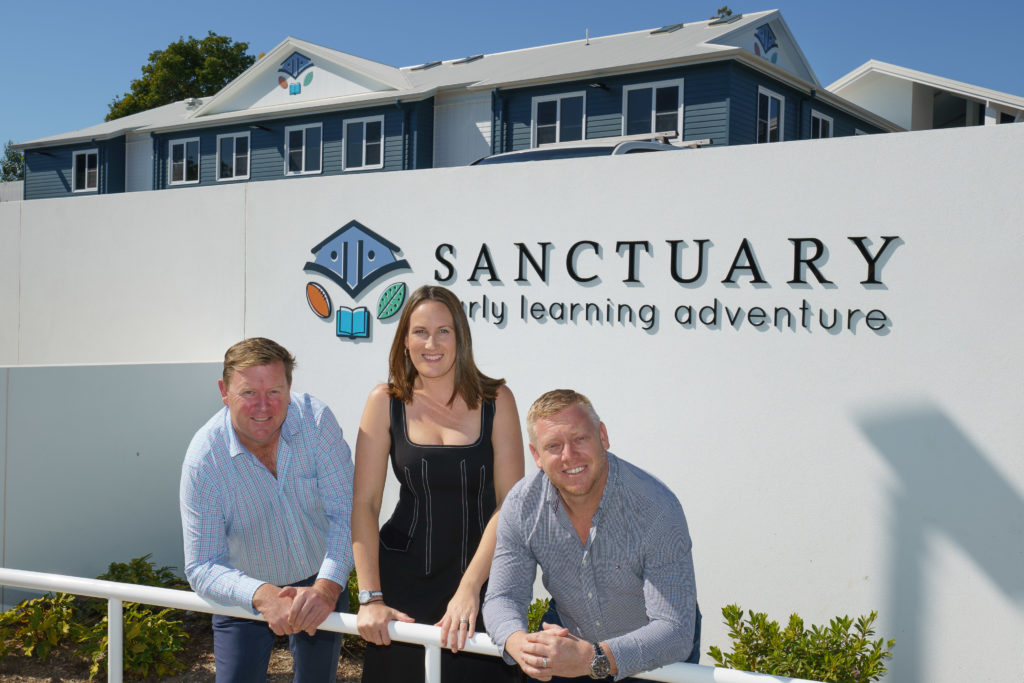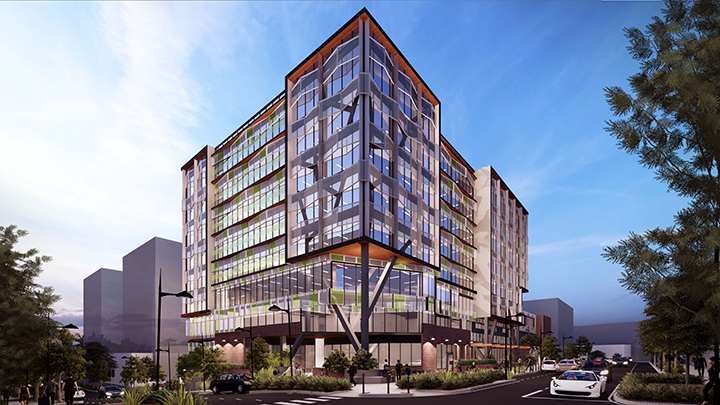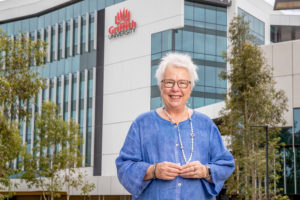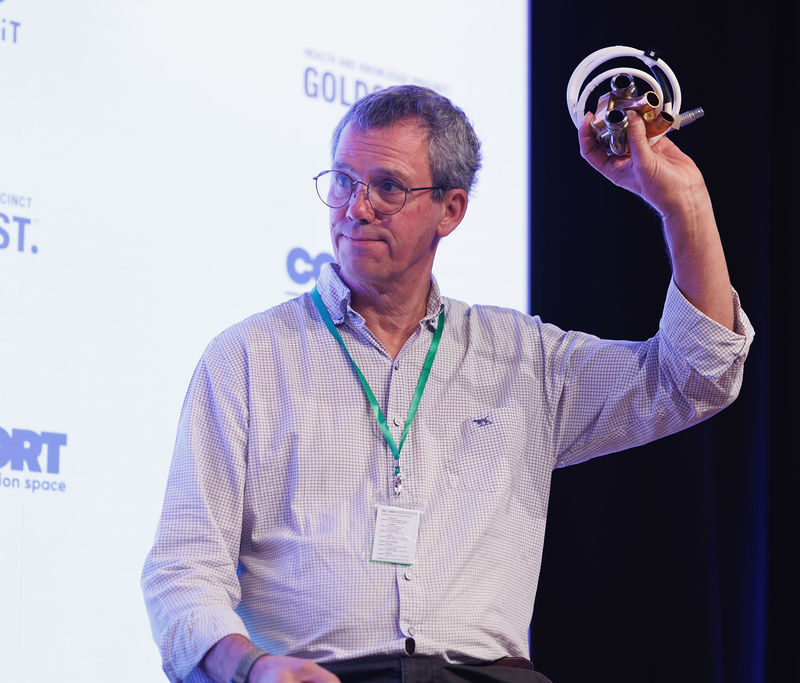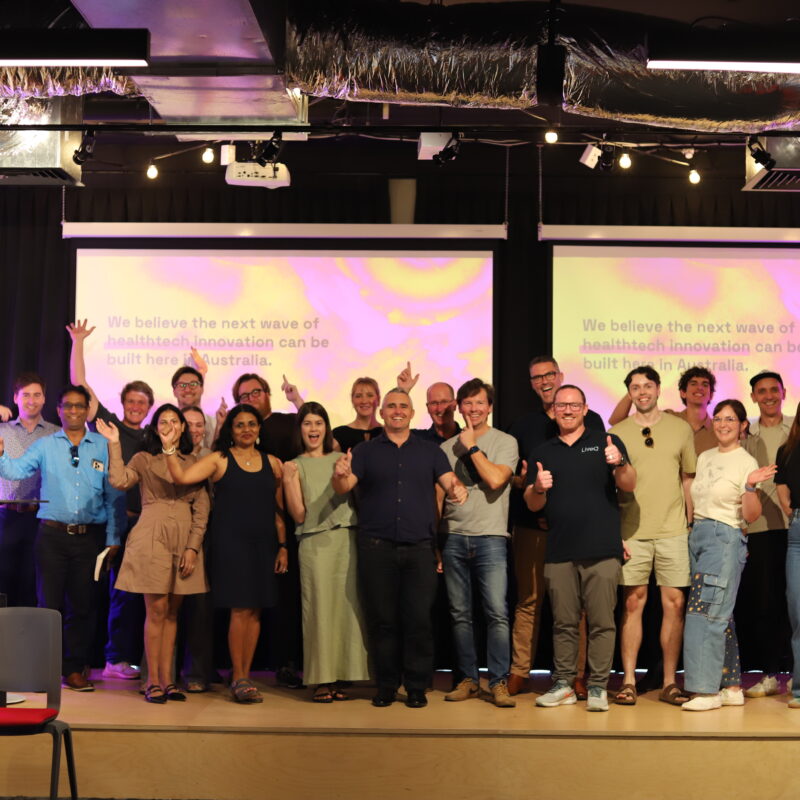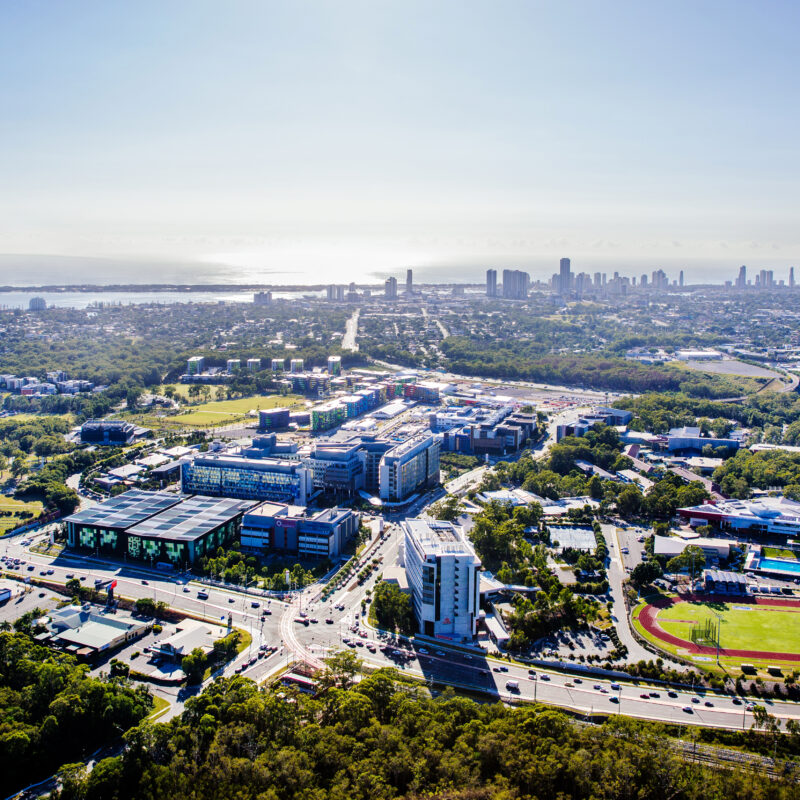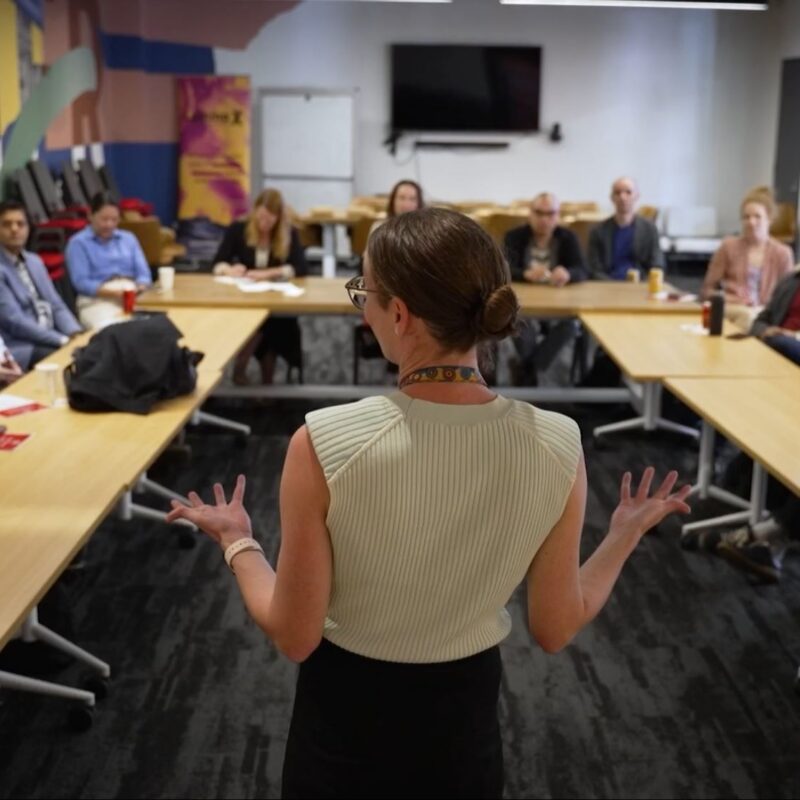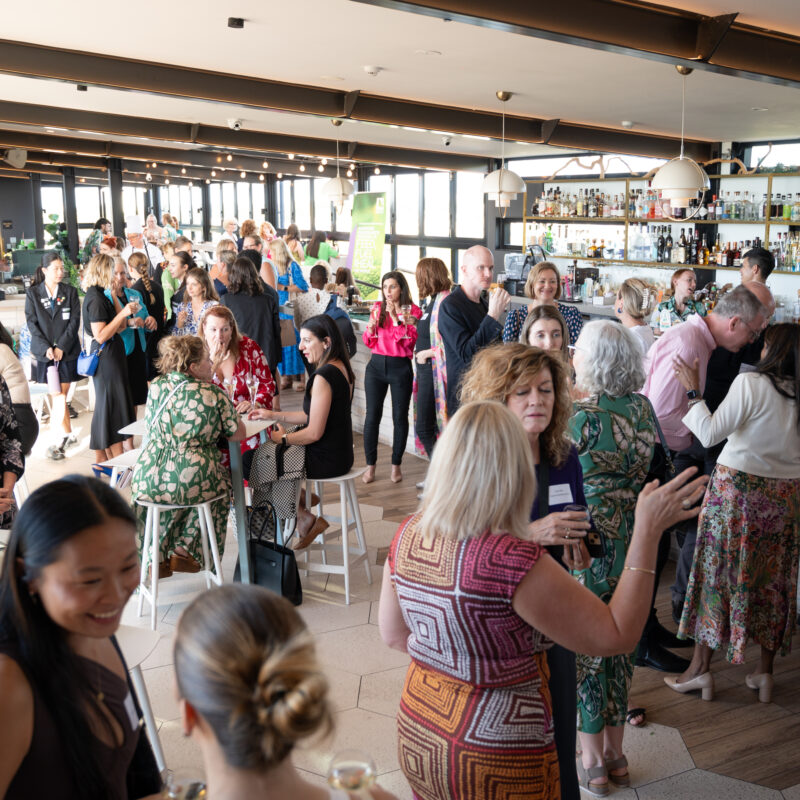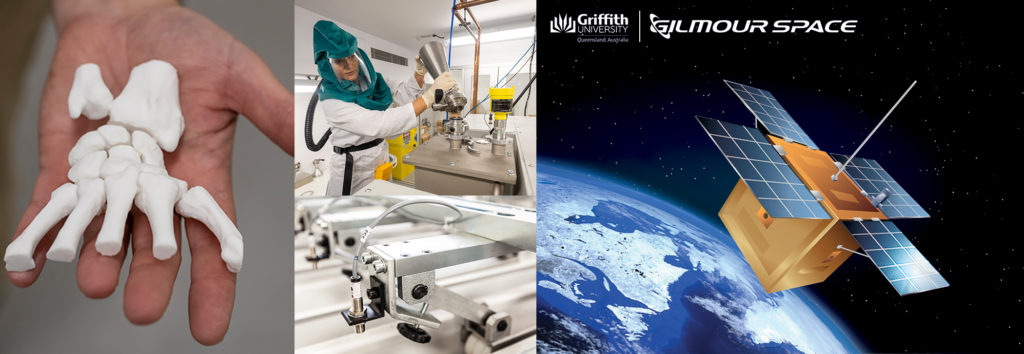
Technologies to open up Space and drive Precision Medicine
With the Australian Government officially launching its $1.3 billion Modern Manufacturing Initiative and roadmaps for priority industries, the Precinct is well-positioned to play its role in industry transformation, particularly in the first two priority industries – Space and Medical Products, which are also key focus areas for the Queensland Government.
Using data from the first regional-level study into Industry 4.0 capability, skills and supply chains, and drawing on case studies of projects already underway, we unpack how the Precinct can play a key role in the Gold Coast’s future in advanced manufacturing – accelerating the Australian space industry; driving new precision medicine products, procedures and rehabilitation approaches; supporting defence; and helping local manufacturers transform and digitize in marine, automotive, construction and more.
The first regional-level study in Australia into Industry 4.0 opportunities
Industry 4.0 describes the ongoing automation and digitisation of supply chains with reduced need for human intervention and includes technologies such as big data, robotics, computer-assisted manufacturing, cloud computing, the Internet of Things (IoT), additive manufacturing (3d printing), artificial intelligence (AI), virtual reality, digital twins (virtual modelling), machine to machine communications, nanotechnology, blockchain, and sensor technologies.
Initially applied to the manufacturing sector, the core technologies have application in many other sectors of the economy and were already gathering speed, with COVID-19 fast-tracking their adoption.
Pre-covid, the GCHKP partnered with Regional Development Australia (RDA) Gold Coast, the State Government and City of Gold Coast, to commission a capability and gap analysis, with companies participating in the study in the second half of last year, and a website developed by RDA launched in December 2020 to promote the results, and profile businesses.
RDA Gold Coast Director of Regional Development Estella Rodighiero said companies have co-located in clusters, with a large cluster of Industry 4.0 knowledge centred on the GCHKP.
“We have an AI health cluster at Southport, an aerospace cluster on the northern Gold Coast, a textiles cluster at Yatala, medtech and bionics at Southport, film visual effects at Oxenford, a brewing cluster at Burleigh and additive manufacturing at Southport, just to name a few,” she says.
RDA Gold Coast Chair Nick Scott said that while the pandemic had forged new partnerships and prompted technology adoption out of necessity, as well as highlighting the need for resilient and sovereign supply chains, there was room for more collaboration, and the skills lag would need to be addressed.
“We’ll be identifying digital supply chain opportunities, helping to attract complementary supply chain businesses, encouraging collaboration and partnerships between industry and the education and training sectors, and reviewing current and future workforce skill requirements,” Mr Scott says.
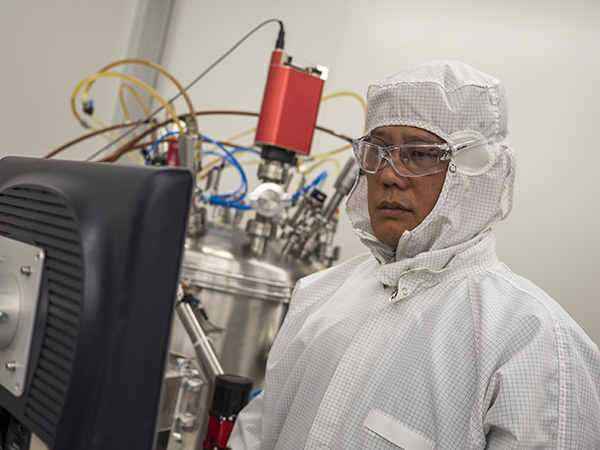
The Gold Coast study engaged peak industry bodies such as Bionics Queensland, Life Sciences Queensland, and Australian Beverages, as well as conducting an online survey and one-on-one interviews – most survey respondents were in manufacturing, with other industries including professional and scientific, and healthcare.
- 22% of businesses/respondents were located in Southport (primarily GCHKP)
- 13% were located in nearby Arundel, primarily in high-tech light industrial estates
- Yatala (17%) and Ormeau (11%) represent the city’s northern advanced manufacturing cluster
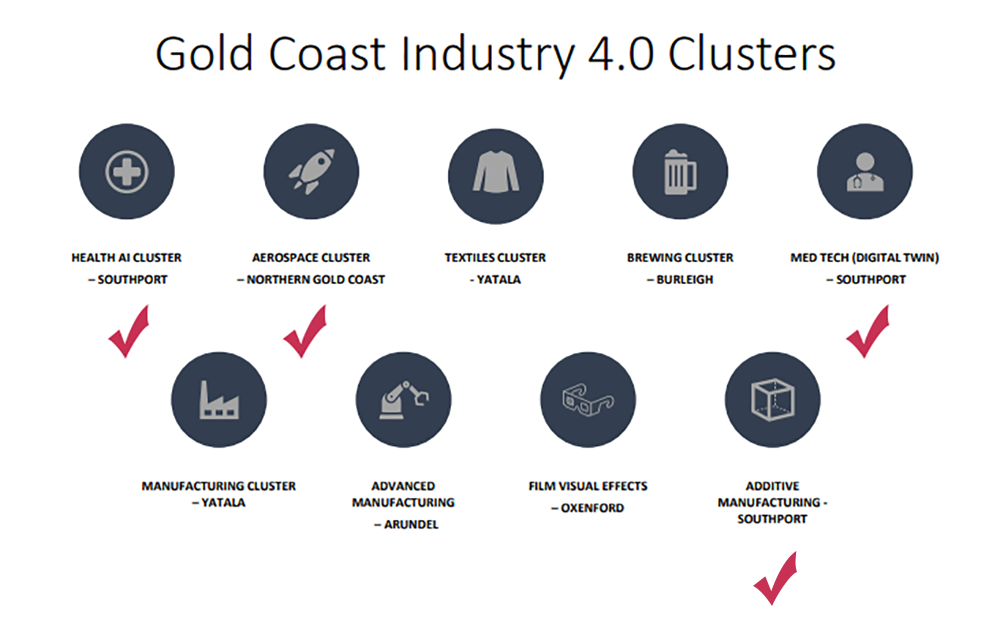
Gold Coast Industry 4.0 clusters, highlight areas of GCHKP focus and capability*
Cloud computing, automation, and advanced/computer-assisted manufacturing were the most common technologies currently being taken-up. Increased adoption of all technologies was anticipated, with nanotechnology, blockchain, digital twinning and augmented/virtual reality platforms growing from a smaller base.
Productivity and new product and market opportunities were identified as key drivers, with businesses also motivated to better manage supply chains and increase workplace safety, while the main barriers to adoption were the return on investment (ROI) timeline and availability of a skilled workforce. Software engineering and industrial design skills were identified as specialist areas of highest demand.
The report (compiled by the Better Cities Group and Giles Consulting) also found a significant opportunity for Gold Coast businesses to establish ‘digital’ supply chains, with the city boasting a strong digital infrastructure platform, and Griffith University’s ADaPT (advanced design and prototyping technologies) capabilities a key enabler.
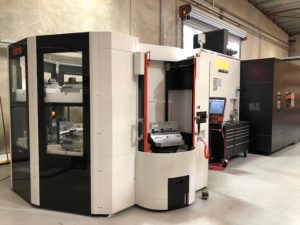
AI, Nanotechnology, Robotics, Industrial Design and Additive Manufacturing drive a new Space era
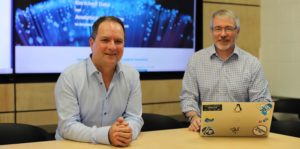
AI is considered a key Industry 4.0 enabling technology with applications across sectors. Griffith University has been ranked 17th in the world for its AI expertise, while the Queensland AI Hub for healthcare, based out of a speciality data lab in the Precinct’s Cohort Innovation Space, is helping to rapidly cluster related SME’s.
AI and machine learning also underpin the development of remote sensors for Space, with expertise in new materials science and industrial design for advanced additive manufacturing converging in the design and prototyping of smart and robust sensor technologies, and lighter and stronger satellites and space transport systems.
Griffith University is partnering with Gilmour Space Technologies, global aerospace leader Northrup Grumman, and other companies and organisations, including the Korean Aerospace Research Institute, at the frontier of technologies for Space.
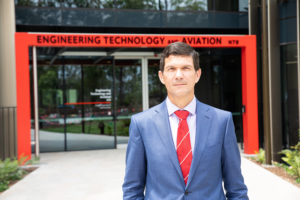
Head of Information Communication Technology, Professor Paulo de Souza, a former CSIRO Chief Research Scientist whose PhD research contributed to the design, production, deployment, and operation of sensors used by NASA aboard two Mars rovers, says the project to launch a low-earth-orbit satellite with Gold-Coast-based Gilmour Space in 2022, is “big and audacious”.
“Aerospace capability is in deep need right here in Australia, for defence, disaster management and environmental observations,” Professor de Souza says.
Gilmour Space CEO Adam Gilmour says the company is excited to partner with the university as the collaboration would build the skills required for significant expansion of its workforce.
“This project is about demonstrating to Australia that we can build and launch a significant-sized satellite with significant capability,” he says.
“It’s also about working with local partners like Griffith to educate the next generation of space engineers who take us to orbit.”
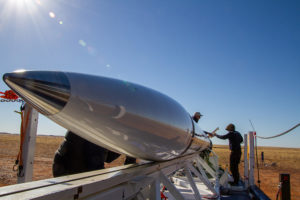
Space projects include:
- Satellite design/prototyping to reduce weight/increase strength, including testing new alloys
- Integration of embedded smart sensors and flexible electronics in structures
- Design of composite fuel tanks for low-cost space transport
- Small cube-sats for collection of satellite imagery with multiple applications including bushfire detection
Precision Medicine driven by digital twins and technology integration

We’re a place that you come to develop cutting-edge biomedical technologies to manage health conditions. You don’t often get this really tight location and the passion to work together as a group of very different disciplines. It is really a step-change – it’s disruption for the health industry.
Professor David Lloyd, Director, Griffith Centre for Biomedical and Rehabiliation Engineering
The Industry 4.0 technologies of digital twin modelling, new materials science, AI, robotics, additive manufacturing and more, are brought together in a range of applications to design and personalise medical and assistive devices, diagnostics, implants, surgeries, wearable technologies, and rehabilitation and sports training.
The creation of digital twins – personal neuromusculoskeletal models, or Personalised Digital Humans – underpins many new medical technology applications, enabling clinical outcomes to be optimised over the use of more generic treatment and training approaches.
The BioSpine project – which is revolutionising rehabilitation for spinal cord injury by intelligently integrating a range of new technologies and personalising the approach, is one exciting example, while the Spinal Injury Project is also utilising 3D bioprinting technologies to create a biological scaffold, or nerve bridge, to guide new neuron growth.
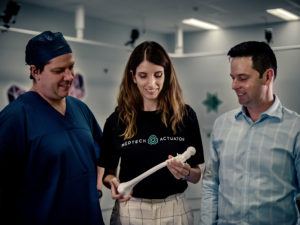
ADaPT researchers, together with surgeons at the Queensland Children’s Hospital, have just completed a medical device trial of a new personalised approach to long and complex paediatric surgeries, with 13 children undergoing successful procedures for severe hip deformities.
Engineers work with orthopaedic surgeons on precise surgery pre-planning – generating a digital twin of each patient; producing exact anatomical bone models; selecting optimised implants; 3D printing personalised cutting guides; and digitally simulating the whole procedure.
Surgery times have been slashed almost in half, with procedures more accurate, complications reduced and patient outcomes already improved.
Other medical technology projects include:
- Regenerative medicine – development of artificial wrist ligament
- Wearables – development of ‘smart’ sports pants with miniaturised biosensors and electronics for real-time monitoring of biosignals for training and rehab
- Mechanobiology for the design of a new generation of ‘blood-friendly’ cardiac and vascular devices including valves and pumps for artificial hearts
- Digital Athlete – application of the Personal Digital Human to elite athlete training and injury prevention
- 3D printed blood-vessels for pre-surgery planning and high-tech training for advanced neuroendovascular procedures
